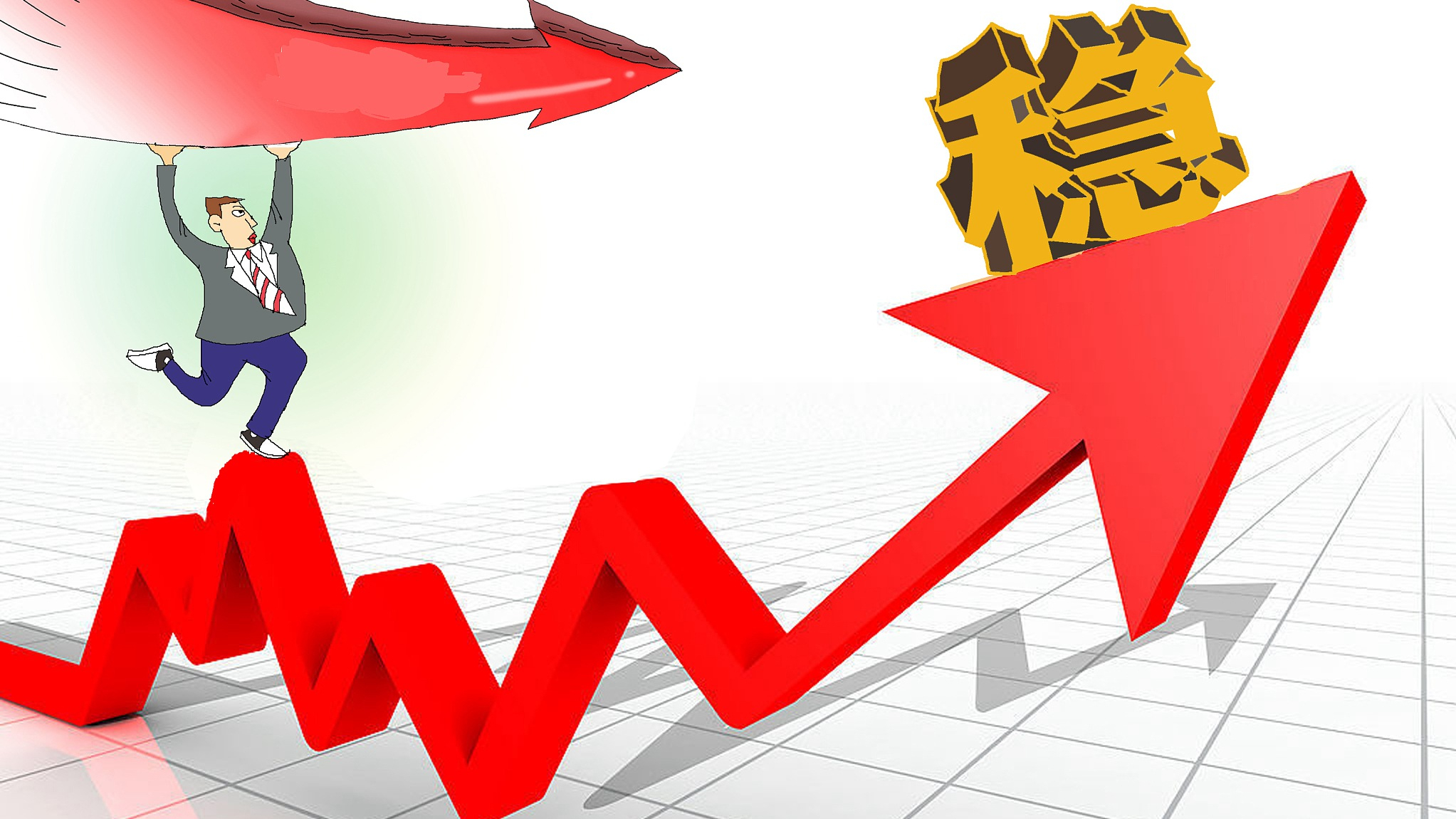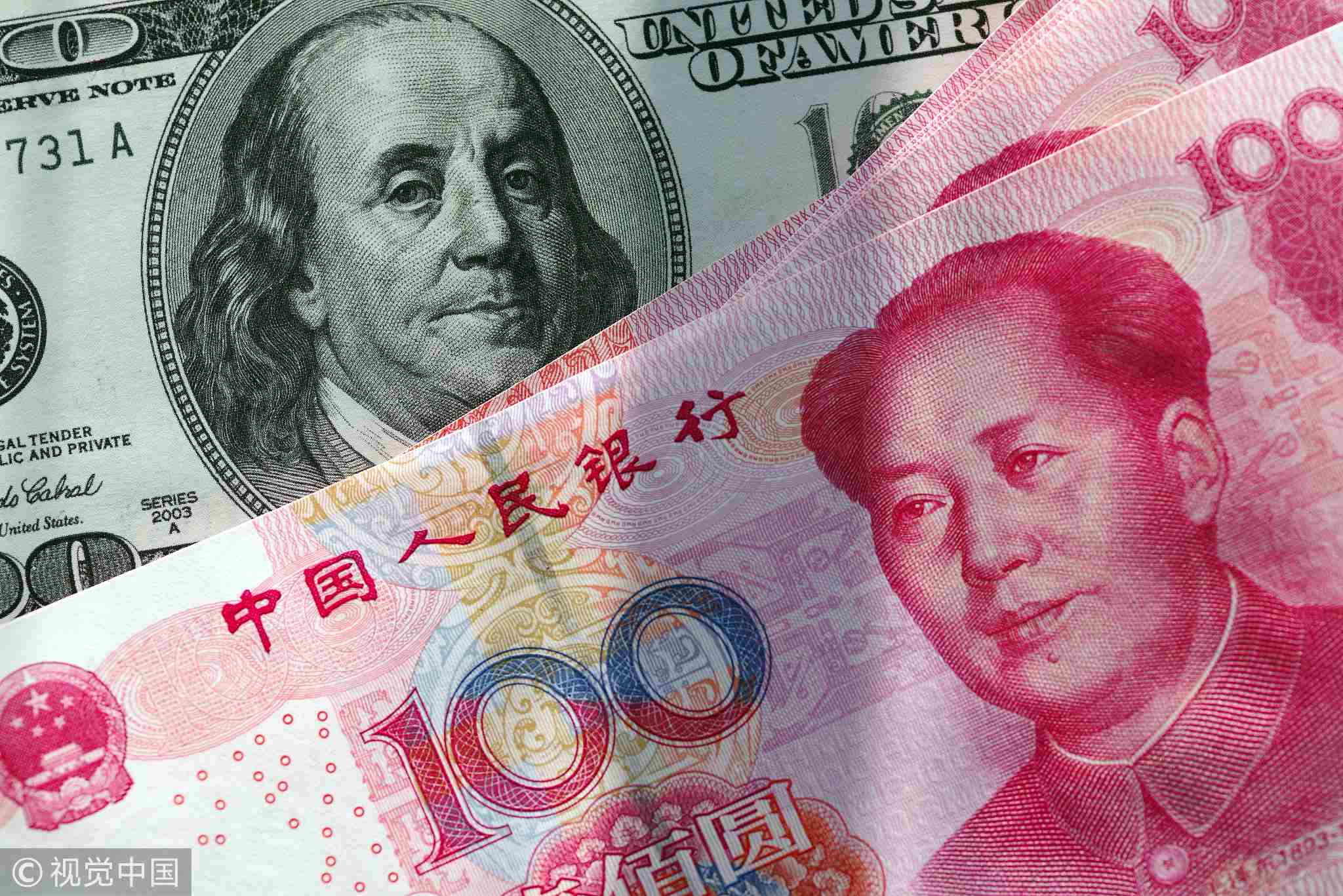
Opinions
08:49, 22-Dec-2018
Opinion: Stabilization of expectations brings benefits
Updated
07:49, 25-Dec-2018
Andy Mok

Editor's note: Andy Mok is a non-resident fellow at the Center for China and Globalization. The article reflects the author's opinion, and not necessarily the views of CGTN.
Every year in December China's top leaders convene for the Central Economic Work Conference (CEWC), a meeting at the Jingxi Hotel in Beijing to set economic policy for the following year.
In addition to Chinese President Xi Jinping, Premier Li Keqiang and Vice Premier Liu He, other attendees include financial regulatory officials, economic planners, provincial governors as well as senior officials from the National People's Congress, Chinese People's Political Consultative Conference, the courts, Supreme People's Procuratorate, state-owned enterprises, financial institutions and the People's Liberation Army.
The overarching keyword for this year's Central Economic Work Conference is “stabilization." In particular, one area of government focus involves stabilizing expectations.
Given eruptions of unrest in France, a historic change of leadership in Germany and the United States alarmed and unnerved by what it sees as increasingly potent geopolitical rivals, decision-makers around the world have become increasingly anxious and pessimistic.
In particular, escalating and widening tensions between the United States and China have triggered stock market declines around the world as well as a downward spiral in overall business confidence.

Chinese economy. /VCG Photo
Chinese economy. /VCG Photo
In addition, near-term political uncertainty in the United States due to the impending Democratic takeover of the House, the departure of key officials such as Secretary of Defense James Mattis and the soon to conclude Mueller investigation create an even greater atmosphere of unease.
These developments only serve to exacerbate the existing discord in the U.S. caused by the unending conflict between President Trump and a media establishment committed to undermining his administration at every possible turn.
In stark contrast, during 40 years of reform and opening-up, China has hewed to a largely predictable and stable course of action that has transformed it from a poor and technologically backward country into a vital and increasingly indispensable nation to the global order.
However, 2018 marks a turning point in the relationship between China and the United States as American insecurity and a dawning awareness of its structural weaknesses have come to dominate foreign policy and national security policy-making.
This insecurity, in turn, has led to decisions such as President Trump's trade tariffs and threats of other punitive measures intended to damage the prosperity and stability of nations from Canada to Germany, Japan and, of course, China. These decisions have directly led to an increase in a sense of global insecurity.

U.S. dollar and Chinese RMB /VCG Photo
U.S. dollar and Chinese RMB /VCG Photo
In this growing vortex of instability and uncertainty, through the CEWC, the Chinese government has committed to remaining a haven of stability. By focusing on stabilizing expectations, China is signaling that despite a turbulent external environment, it will maintain equilibrium and balance that provides confidence and assurance to investors, business and policymakers around the world.
Planned measures include both fiscal and monetary policies such as increasing the government budget deficit which enable both stimulative tax cuts and infrastructure investment as well as further decreases to the required reserve ratio to increase banks' lending capacity.
Perhaps most important is the priority placed on reaching targeted employment levels as consumption has become the key engine of China's domestic economy and driver of demand for foreign imports.
While 2018 has posed new challenges, through plans to stabilize expectations in 2019, China can demonstrate its gyroscopic capabilities to maintain equilibrium in the face of bounces, bumps and jolts.
(If you want to contribute and have specific expertise, please contact us at opinions@cgtn.com.)

SITEMAP
Copyright © 2018 CGTN. Beijing ICP prepared NO.16065310-3
Copyright © 2018 CGTN. Beijing ICP prepared NO.16065310-3